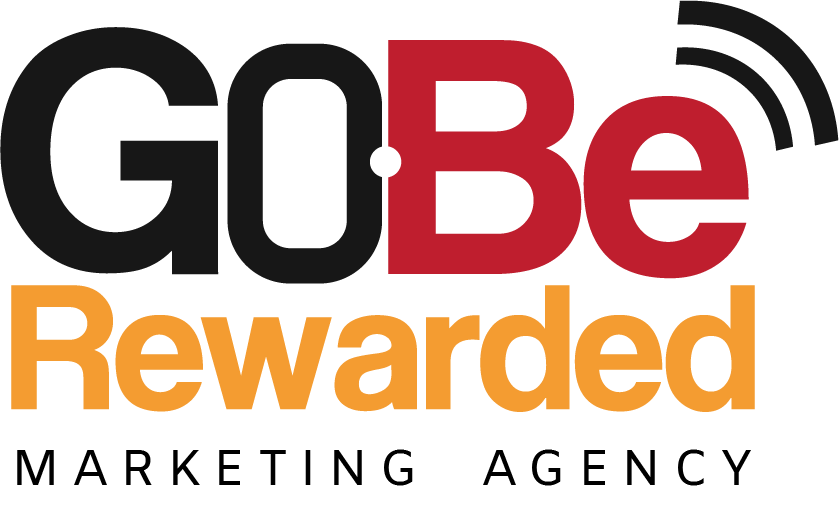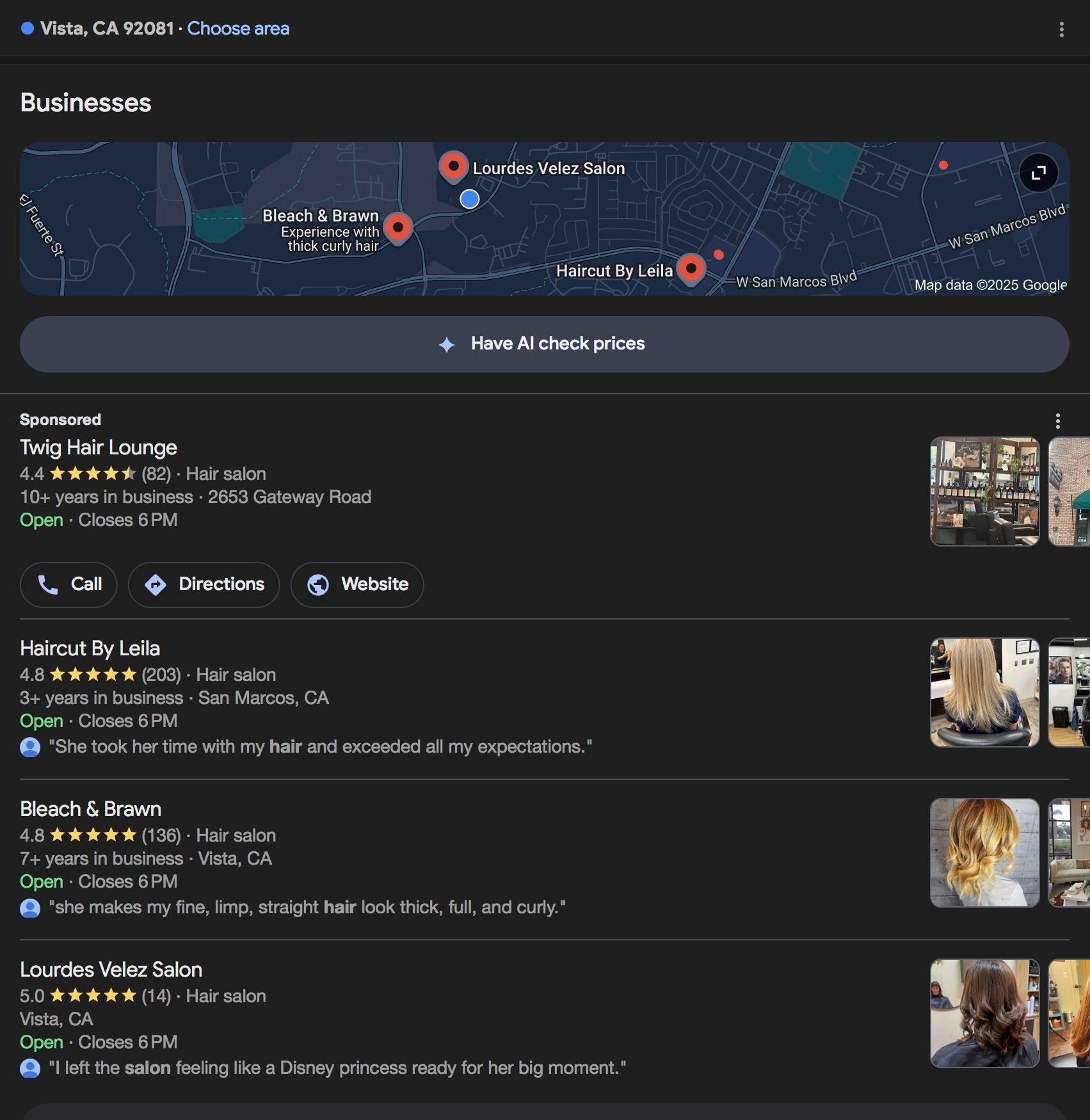The Importance of Content Marketing for Small Business Growth: Tips and Best Practices
How Small Businesses Can Use Content Marketing to Build their Brand, Increase Visibility, and Drive Profitable Growth.
Content Marketing for Small Business Growth: Benefits, Tips, and Best Practices
Small businesses typically have limited budgets, and often lack the resources and expertise to execute complex marketing campaigns. This is where content marketing can be an incredibly effective strategy for small business growth. Content marketing is a long-term strategy that can help small businesses build their brand, drive traffic to their website, and convert visitors into customers. By providing valuable, informative, and engaging content to your audience, you can establish your business as a thought leader in your industry, build trust with potential customers, and ultimately, increase your sales.
Content Marketing Benefits
Let's take a closer look at some of the benefits of content marketing for small business growth:
Cost-Effective
One of the most significant benefits of content marketing for small businesses is that it can be incredibly cost-effective. Compared to traditional advertising methods, content marketing is typically less expensive and can yield a higher return on investment. By creating and sharing content on your website, social media channels, and email marketing campaigns, you can reach a wider audience without breaking the bank.
Builds Brand Awareness
Content marketing can help small businesses build their brand and increase their visibility. By creating content that resonates with your target audience, you can increase your reach and attract new customers. As people share and engage with your content, your brand will become more recognizable and trusted within your industry.
Improves Search Engine Rankings
Creating and sharing high-quality, SEO-optimized content can also help improve your search engine rankings. When potential customers search for the products or services you offer, your content will be more likely to appear in search results. This means that content marketing can help drive more traffic to your website and ultimately, increase your sales.
Establishes Credibility and Authority
By consistently creating valuable, informative content that addresses your audience's needs, you can establish your business as a thought leader in your industry. This can help build trust and credibility with potential customers, making them more likely to do business with you.
Drives Customer Engagement
Creating content that resonates with your audience can also help drive engagement and interaction with potential customers. By encouraging comments, questions, and feedback on your content, you can build relationships and foster loyalty with your audience.
Provides Long-Term Value
Content marketing provides long-term value for your business. Unlike traditional advertising, which typically has a short shelf life, content marketing can continue to drive traffic to your website and generate leads for months or even years after it's published. This means that content marketing can help small businesses establish a sustainable source of leads and revenue over time.
Content Marketing Tips
Now that we've discussed some of the benefits of content marketing for small business growth, let's dive into some tips and best practices to help your small business succeed.
Define Your Audience
The first step in developing a successful content marketing strategy is to define your target audience. Who are you trying to reach, and what are their pain points, interests, and needs? By understanding your audience, you can create content that speaks directly to them, resonates with them, and ultimately, drives them to take action.
Develop a Content Strategy
Once you've defined your audience, it's time to develop a content strategy. This involves creating a plan for the type of content you will create, the channels you will use to distribute it, and the metrics you will use to measure success. Your content strategy should align with your business goals and take into account your budget, resources, and timeline.
Create High-Quality Content
The most critical component of any content marketing strategy is creating high-quality content. Your content should be well-researched, informative, engaging, and relevant to your target audience. It should also be optimized for search engines, making it easier for potential customers to find your content online.
Consistency is Key
Consistency is key when it comes to content marketing. You should create and share content on a regular basis, whether it's daily, weekly, or monthly. This helps to establish a relationship with your audience and keeps your business top of mind.
Engage with Your Audience
Engaging with your audience is crucial for building relationships and driving customer loyalty. You should respond to comments, questions, and feedback on your content, and actively seek out opportunities to interact with your audience.
Measure Your Results
It's essential to measure the results of your content marketing efforts. This involves tracking metrics such as website traffic, social media engagement, email open rates, and conversions. By measuring your results, you can identify what's working and what's not and make adjustments to your strategy accordingly.
Utilize Different Content Formats
Don't limit yourself to just one type of content. Experiment with different formats such as videos, infographics, e-books, or podcasts to see what resonates with your audience. By offering different formats, you can appeal to a wider audience and keep your content fresh and engaging.
Incorporate SEO
Search engine optimization (SEO) is essential for making your content more discoverable to potential customers. Make sure your content is optimized with relevant keywords, meta descriptions, and alt tags to improve its visibility in search engine results pages.
Collaborate with Influencers
Partnering with influencers in your industry can help you expand your reach and attract new customers. Reach out to influencers who align with your brand and collaborate on content that will be valuable to your audience.
Use Paid Advertising
While content marketing is often less expensive than traditional advertising, it's still important to consider paid advertising options. Platforms such as Google Ads or Facebook Ads can help you reach a wider audience and target specific demographics or interests.
Best Practices
In addition to the above tips, here are some best practices to keep in mind for your content marketing efforts:
Research your competition
Understand what kind of content your competitors are creating and how successful they are in engaging their audience. This can help you identify gaps in your own content strategy and find opportunities to differentiate your brand.
Create a content calendar
A content calendar can help you stay organized and consistent with your content creation and distribution. It can also help you plan ahead for seasonal or timely content.
Use analytics tools
There are many analytics tools available to help you measure the success of your content marketing efforts. Use these tools to track and analyze your metrics and make informed decisions about your content strategy.
Be authentic
Authenticity is key to building trust and credibility with your audience. Make sure your content reflects your brand values and personality, and avoid gimmicks or click-bait.
Stay up-to-date
The world of content marketing is constantly evolving, with new trends and technologies emerging all the time. Stay up-to-date with industry news and best practices to ensure that your content remains relevant and effective.
Repurpose Your Content
Don't let your content go to waste. Repurpose your most successful content into different formats or update and repost it to reach a new audience.
Tell Your Brand Story
Use your content to tell the story of your brand and what makes it unique. This can help build an emotional connection with your audience and differentiate your brand from competitors.
Build a Community
Create a sense of community around your brand by engaging with your audience and encouraging user-generated content. This can help drive customer loyalty and advocacy.
Use Visuals
Visuals such as images, videos, and infographics can help make your content more engaging and memorable. Use visuals to help illustrate your points and break up text-heavy content.
Be Patient
Content marketing takes time and effort to see results. Don't get discouraged if you don't see immediate success. Stick to your strategy, track your metrics, and make adjustments as needed.
Conclusion
Content marketing can be a powerful tool for small business growth. By defining your audience, developing a content strategy, creating high-quality content, being consistent, engaging with your audience, and measuring your results, you can effectively attract and retain customers and drive profitable growth for your business. By following these tips and best practices, your small business can create a content marketing strategy that will help you stand out from the competition and reach new heights of success.





